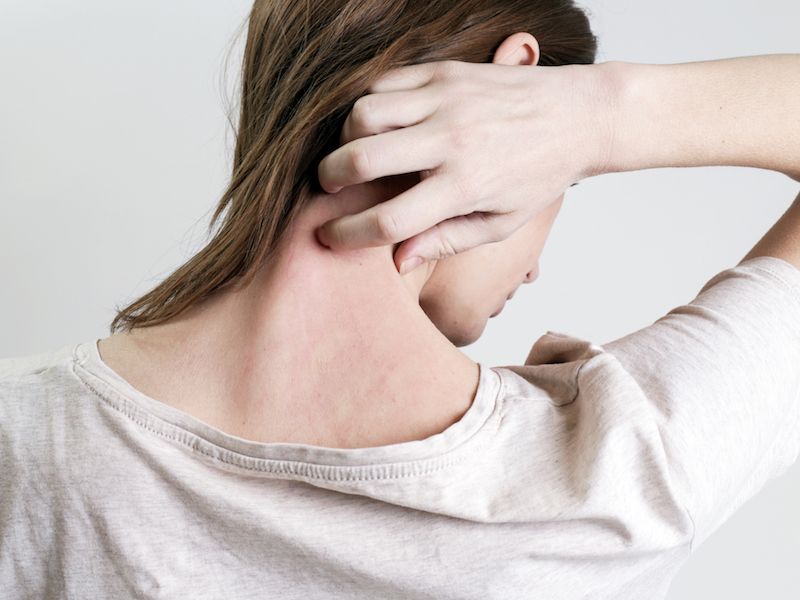
When you think about psoriasis, you most likely think about all those commercials showing people with skin problems. Psoriasis affects your overall health and not only your skin. Psoriasis is frequently misunderstood and minimized, due to a lack of knowledge of how psoriasis impacts sufferers as well as the serious conditions that can be related to this disorder. Even though plaques on the skin are its most visible sign, they’re indicative of what psoriasis can cause in the whole body: The risk of metabolic disorders that are increased by chronic inflammation and cardiovascular disease.
A new study strengthens the body of research connecting another serious problem to psoriasis: Hearing loss. Published in The Journal of Rheumatology, this research looked at connections between psoriatic arthritis, mental health, and hearing impairment. Psoriatic arthritis has an affect on the joints, and is a type of psoriasis, causing soreness, inflammation, and difficulty with movement. The tell-tale plaques might not be experienced by people who suffer from psoriatic arthritis.
In the same way as with rheumatoid arthritis (and like psoriasis), psoriatic arthritis is an autoimmune disease, the sufferer’s body is basically attacking its own healthy cells. But as opposed to rheumatoid arthritis, you might have psoriatic arthritis on only one knee due to the fact that it’s asymmetrical, and it doesn’t only affect joints but leads to painfully swollen toes and fingers while it targets sufferer’s nails and eyes.
Based on the findings of this recent study, hearing might also be impacted by psoriatic arthritis. A significant control group of people with neither psoriasis or psoriatic arthritis were compared to people who had one or the other problem. They discovered that the group with psoriatic arthritis was more inclined to report hearing loss, and audiometric screening supported the self-reports. Even when other risk considerations are taken into consideration, psoriatic arthritis sufferers were significantly more prone to have hearing loss than either {psoriasis sufferers or the control group}.
But that’s not to say there’s no link between psoriasis, psoriatic arthritis and loss of hearing. A 2015 study found that individuals who have been diagnosed with psoriasis are at a significantly higher risk of getting sudden sensorineural hearing loss, also known as sudden deafness. With sudden sensorineural hearing loss, people’s ability to hear decreases significantly in three days or less. There are several potential causes for this, but experts think that sudden psoriasis flare-ups might be to blame. The hearing could be affected if this occurs near or in the cochlea. This type of hearing loss, in many instances, can be aided by treatments that relieve psoriasis., but hearing aids are often recommended when sudden deafness doesn’t react to other treatments.
If you have psoriatic arthritis or psoriasis, it’s worthwhile to observe your hearing. Plan your annual healthcare appointment along with normal hearing exams. Disease caused by inflammation can lead to inner ear injury, which can lead to loss of hearing and issues with balance. There are also connections between psoriatic arthritis and psoriasis, depression and anxiety, which can both aggravated loss of hearing. Loss of hearing is a condition you want to catch sooner rather than later because untreated loss of hearing can lead to other health concerns including dementia.
With early intervention, you can stay ahead of the symptoms by having your hearing examined frequently and working with your doctor, awareness is crucial. Neither hearing loss nor psoriasis should cause you to compromise your quality of life, and having the right team by your side can make a big difference.
